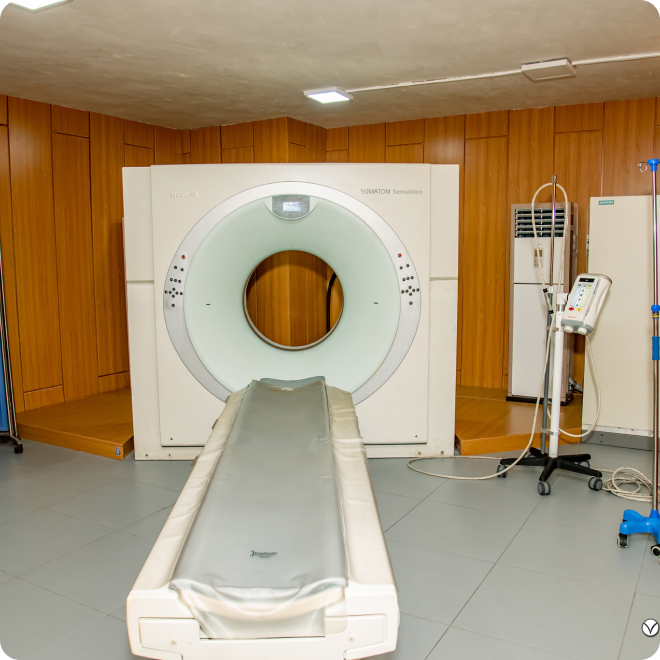When it comes to heart health, women have their unique set of challenges and considerations. Often, the signs of heart disease in women can be subtler and different from those in men, making awareness and proactive care crucial. In this blog post, we highlight the importance of women’s heart health and offer insights into how women can prioritize their cardiovascular wellness.
The Gendered Reality of Heart Disease
-
Diverse Symptoms: Women may experience atypical symptoms such as shortness of breath, nausea, jaw pain, and back pain in addition to the classic chest pain during a heart attack.
-
Delayed Diagnosis: Misunderstanding these atypical symptoms can lead to delayed diagnosis and treatment, putting women at risk.
Risks and Factors Specific to Women
-
Hormonal Changes: Fluctuations in hormones during pregnancy, menopause, and certain conditions like polycystic ovary syndrome (PCOS) can influence heart health.
-
Pregnancy-Related Risks: Conditions like preeclampsia and gestational diabetes can increase a woman’s risk of developing heart disease later in life.
-
Menopause and Heart Health: Estrogen levels drop after menopause, potentially affecting blood vessel health and increasing heart disease risk.
Prioritizing Heart Health
-
Know Your Numbers: Understand your blood pressure, cholesterol levels, and body mass index (BMI). Regular check-ups are vital.
-
Lifestyle Matters: Adopt a heart-healthy diet rich in fruits, vegetables, whole grains, lean proteins, and healthy fats. Engage in regular physical activity.
-
Manage Stress: Women often juggle multiple roles, increasing stress levels. Prioritize stress reduction through mindfulness, meditation, and self-care.
The Importance of Advocacy and Education
-
Raise Awareness: Women must be proactive in recognizing their risk factors and advocating for their heart health.
-
Educate Others: Share knowledge about women’s heart health with friends, family, and communities to break the stigma and enhance early detection.
Seeking Expert Guidance
-
Consult a Healthcare Provider: Regular check-ups and open communication with healthcare providers are essential for women’s heart health.
-
Personalized Care: Women should discuss their unique health history, reproductive factors, and any concerns with their healthcare team.
Women’s heart health is a vital topic that deserves attention and action. By understanding the unique challenges women face and taking steps to prioritize heart health, women can live vibrant, healthy lives. Together, we can work toward empowering women with the knowledge and tools they need to make informed decisions about their cardiovascular well-being. Remember, your heart matters, and your health is worth every effort.






















